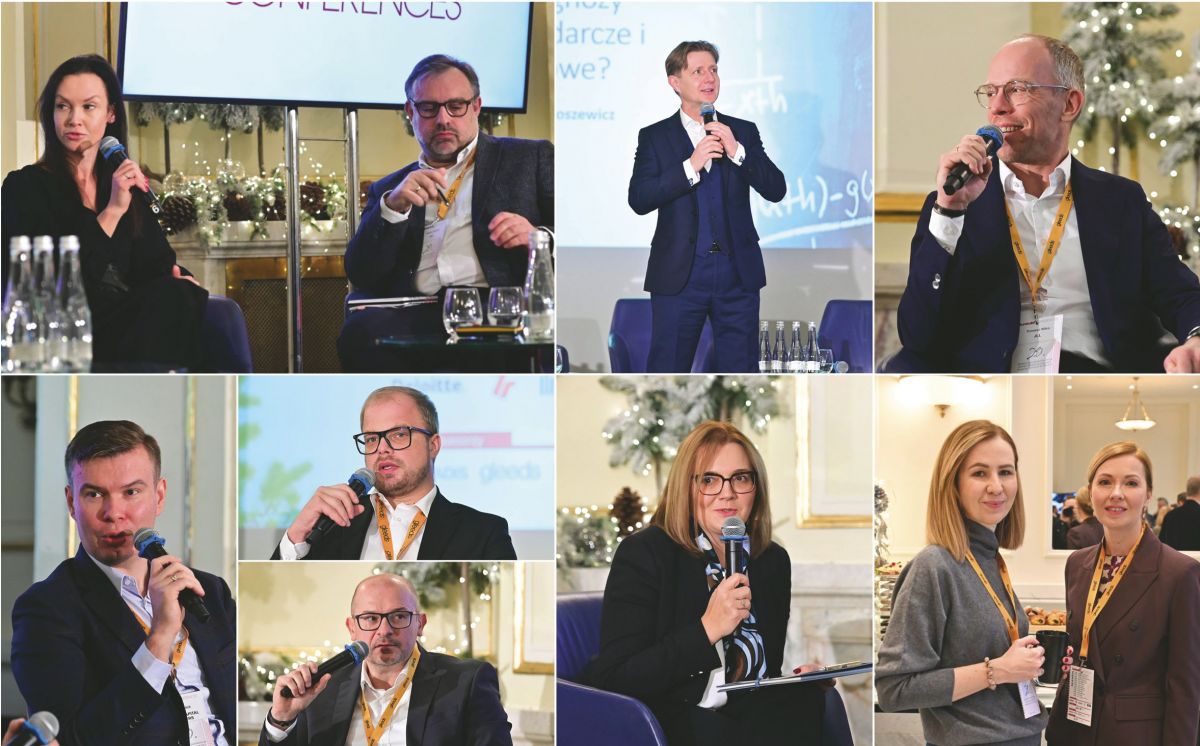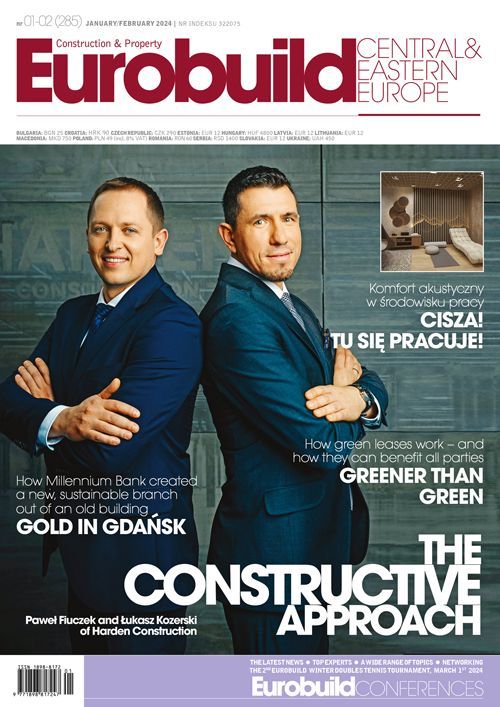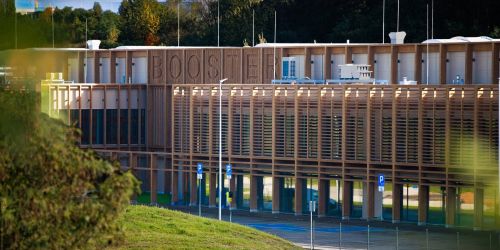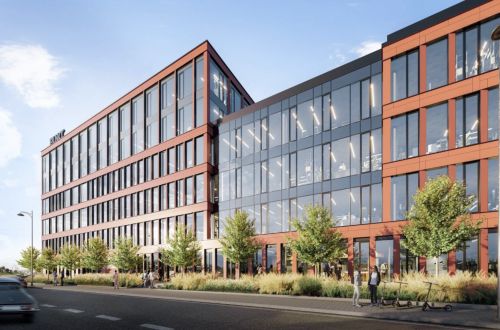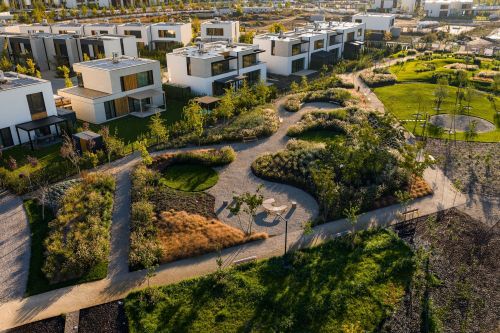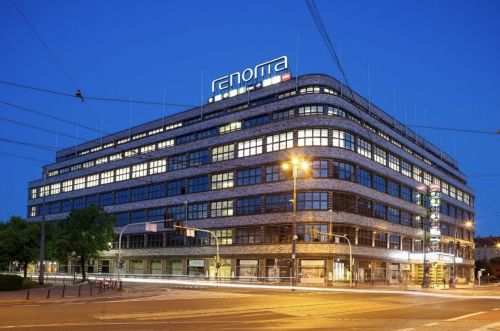The latest meeting of market experts in the longest-running and most prestigious series of annual CEE real estate conferences took place on December 12th in the historic Polonia Palace Hotel in Warsaw. Almost 200 people took part, who not only appreciated the content of the discussions but also the presence of some of the most important people working in the sector.
The conference began with a bang, or rather, a crash course in macroeconomics, providing a solid grounding for the discussions to follow, which were solely about the real estate market. The opening talk by Dr Artur Bartoszewica, an economist at the Warsaw School of Economics, sent a few tremors through the audience and was certainly more stimulating than even the strongest morning coffee. He detailed the economic outlook for Europe while at the same time highlighting the economic impact of political events during these particularly troubled times. “Politics is always a step ahead of the economics, so if we can’
